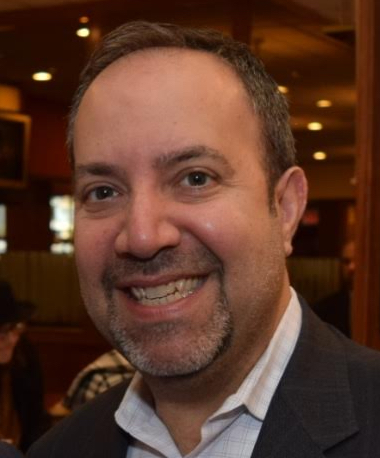Brooklyn Chamber discusses next generation of work in Brooklyn

On Wednesday, the Brooklyn Chamber of Commerce with Liquid Talent presented an engaging work summit at Brooklyn Law School that explored what the next generation of work will look like.
In his opening remarks, Alex Abelin, co-founder of Liquid Talent, explained that the “fabric of work is changing” as we move toward a more technological-based work force. He listed the four pillars of the future of work as:
* Independence: 53 million Americans can identify as Freelancers (approximately 34 percent of the work force) who prefer to work for themselves.

Brooklyn Boro
View MoreNew York City’s most populous borough, Brooklyn, is home to nearly 2.6 million residents. If Brooklyn were an independent city it would be the fourth largest city in the United States. While Brooklyn has become the epitome of ‘cool and hip’ in recent years, for those that were born here, raised families here and improved communities over the years, Brooklyn has never been ‘uncool’.